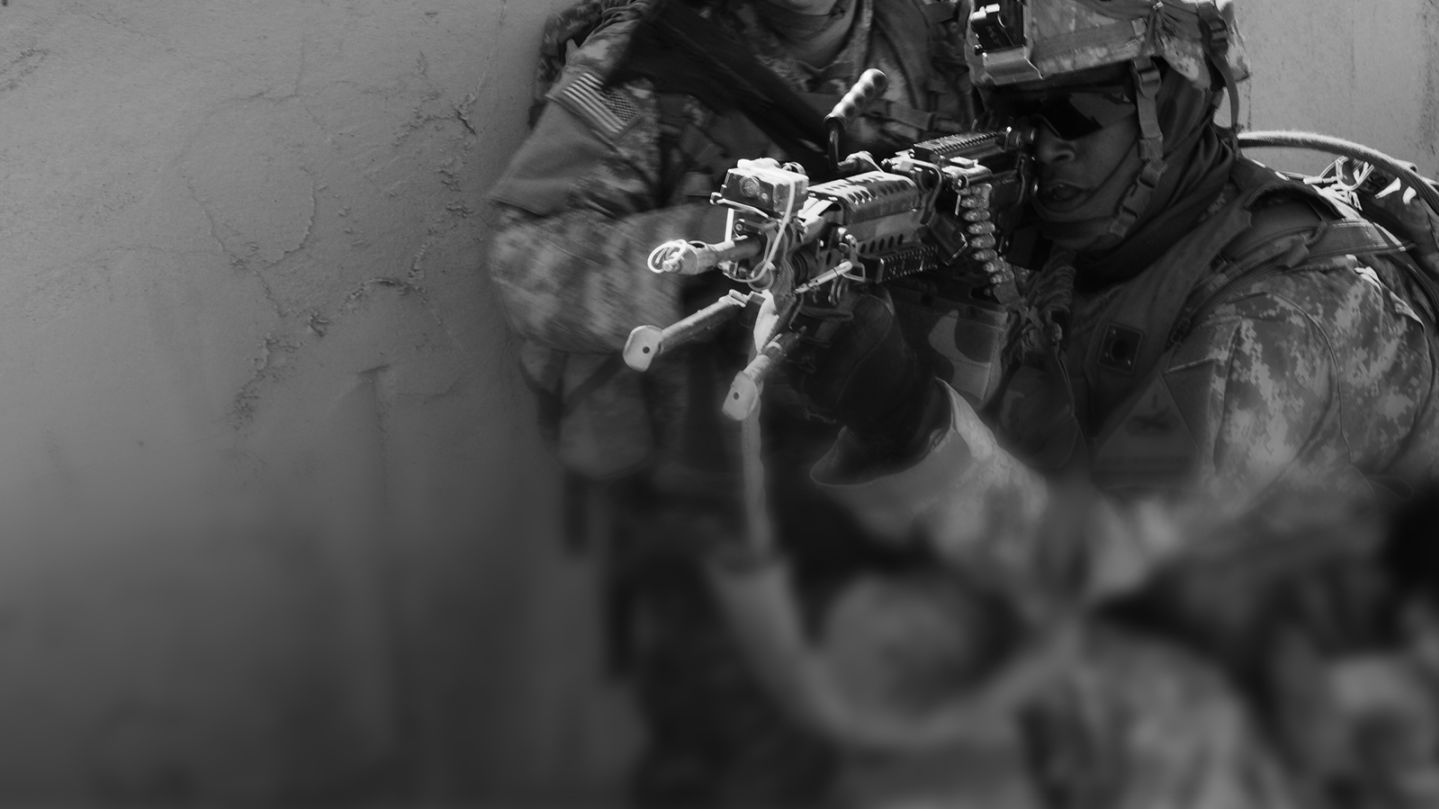The Pentagon warned Friday that there would be “grave consequences” for Turkey if it goes ahead with the purchase of the Russian-made S-400 missile system.
“If Turkey takes the S-400s there will be grave consequences,” acting chief Pentagon spokesperson Charles Summers told reporters Friday, saying it would undermine America’s military relationship with Ankara.
Summers said those consequences would include the US not allowing Turkey to acquire the F-35 jet and the Patriot missile defense system. This appears to be the first time the Pentagon has specifically said that Turkey will not be allowed to get the jets if the S-400 purchase goes ahead.
Turkey has been involved with the F-35 development for a long time, but its acquisition of the warplane has been opposed by some members of Congress amid the deteriorating relationship between Washington and Ankara over a range of issues.
Turkish pilots are currently training with the F-35 jets at Luke Air Force Base in Arizona.
As a program partner, Turkish industries “are eligible to become suppliers to the global F-35 fleet for the life of the program. In total, F-35 industrial opportunities for Turkish companies are expected to reach $12 billion,” according to information posted by Lockheed Martin, the jet’s manufacturer.
The company says Turkey plans to purchase “100 of the F-35A Conventional Takeoff and Landing variant.”
Twelve countries participate in the F-35 program. The nine partner nations that participated in the plane’s development include the US, Turkey, UK, Italy, Netherlands, Canada, Australia, Denmark and Norway. All of these countries except for Canada, Denmark and Turkey are already receiving deliveries of the F-35. Israel, Japan and South Korea also have received the jets through foreign military sales.
Earlier this week, Gen. Curtis Scaparrotti, the Commander of US European Command and NATO Supreme Allied Commander Europe told Congress that if Turkey proceeds with their purchase of the Russian-made S-400 missile defense system, he would recommend the US not to follow through with the sale of the F-35s.
“I would say first of all if they accept the S-400 and to establish it within Turkey, there’s first of all an issue that it’s not interoperable with NATO systems nor is it interoperable inside our integrated air defense system so that presents one problem,” Scaparrotti said.
“The second has to do with the F-35, it presents a problem to all of our aircraft specifically the F-35, I believe and my best military advice would be that we don’t then follow through with the F-35, flying it or working with an ally that’s working with Russian systems, particularly air defense systems with one of our what I would say is probably one of our most advanced technological capabilities,” he added.
A US defense official previously told CNN that a major concern is that the S-400, particularly if it’s plugged into Turkey’s integrated air defense system, could gather technical data on the F-35’s capabilities and that critical information could be passed to Moscow either intentionally or unintentionally through a back door in the Russian designed system.
Former Secretary of Defense James Mattis was opposed to attempts to block Turkey’s receipt of the advanced warplanes defense officials previously told CNN, engaging with members of Congress behind the scenes in an attempt to ensure efforts to block the transfer were removed from Congressional legislation.








